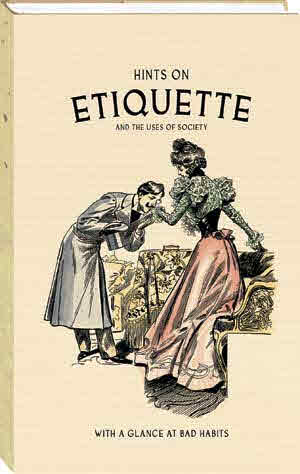Get familiar with the etiquette of two-way radio communication. Learn walkie talkie lingo. To make radio communication go more smoothly, over the years certain rules, or etiquette, have been established. Below we have outlined the basic etiquette a radio user should understand. It will help improve your overall experience when using your radio!

